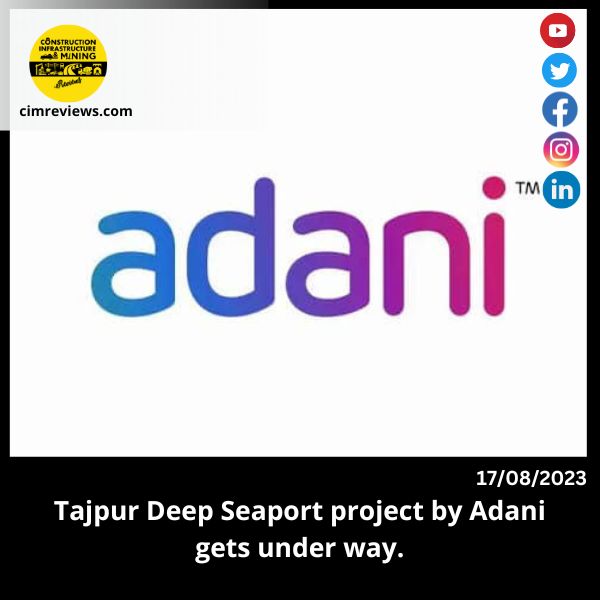
In the heart of India’s bustling capital, the Delhi Metro Rail Corporation (DMRC) stands as a symbol of efficient urban transportation. Carrying millions of passengers daily, the Delhi Metro has transformed the city’s commutes. As a testament to its commitment to excellence, the DMRC has recently issued a call for bids to assess the effectiveness of its existing infrastructure. This strategic move reflects the DMRC’s dedication to ensuring a world-class transit system that continues to serve the people of Delhi with reliability, safety, and innovation.
The Significance of Infrastructure Assessment
Infrastructure assessment lies at the core of maintaining any successful transportation system. Over time, even the most robust infrastructure can experience wear and tear due to constant usage, environmental factors, and evolving technological standards. Regular evaluations are essential to identify areas that require improvement, modernization, or rehabilitation. For a metro system as extensive as Delhi’s, ensuring that tracks are smooth, stations are accessible, and trains run on time is paramount.
Scope and Objectives of DMRC’s Initiative
The DMRC’s call for bids to assess infrastructure effectiveness is a comprehensive endeavor that spans various dimensions of the metro system:
- Tracks and Infrastructure: The backbone of the metro network, tracks and related infrastructure are essential for safe and efficient operations. Assessing their condition and alignment ensures passenger safety and operational integrity.
- Stations and Facilities: Metro stations are more than just platforms; they are hubs of connectivity. Evaluating station facilities, cleanliness, signage, and accessibility ensures a seamless and convenient experience for passengers.
- Signaling and Control Systems: Modern metro systems rely heavily on advanced signaling and control systems. An assessment of these systems ensures precise train movement, accurate scheduling, and enhanced safety measures.
- Rolling Stock: The metro fleet forms the heart of the system. Regular evaluations of train conditions and performance help maintain passenger comfort and operational efficiency.
- Energy Efficiency: Sustainable practices are increasingly vital in today’s world. Assessing energy consumption and exploring greener options aligns with global environmental goals.
Benefits of Infrastructure Assessment
The DMRC’s initiative to assess infrastructure effectiveness promises a multitude of advantages:
- Safety First: Identifying potential safety hazards proactively ensures a secure environment for passengers and staff.
- Efficiency Boost: Timely identification and rectification of issues prevent service disruptions, reducing delays and inconvenience for commuters.
- Enhanced Passenger Experience: Well-maintained stations, trains, and facilities contribute to a positive and stress-free commuting experience.
- Cost Optimization: By identifying areas for improvement, the DMRC can allocate resources efficiently, resulting in long-term cost savings.
- Sustainability Champion: Evaluating energy consumption and embracing sustainable practices contributes to reducing the metro’s carbon footprint and environmental impact.
Group Media Publication
Construction, Infrastructure and Mining
General News Platforms – IHTLive.com
Entertainment News Platforms – https://anyflix.in/
Podcast Platforms – https://anyfm.in/



